On March 20, Ambassador Qin Gang took an interview with XIAOTIAN?of?"Talk With World Leaders"?and elaborated China's position on Ukraine?and?China-U.S.?relations. The Transcript is as follows:
XIAOTIAN: Hello, Ambassador Qin. Thank you very much for joining me in "Talk With World Leaders" here in Washington.
AMB. QIN: Hello Xiaotian, thank you for having me.
XIAOTIAN: We see that the leaders of China and the United States had a video call on March 18, four months away from their virtual meeting. Four months is short, but long enough for the world to go through many changes. So first of all, can you please give us a brief overview of the background, content and significance of this video call?
AMB. QIN: Four months has passed since last November's virtual meeting between the two leaders. There has been significant changes in world peace, stability and development. The Ukraine crisis is still ongoing and China-U.S. relations is also having new developments. Therefore, the video call between the two leaders is timely and important. They had an in-depth exchange of views on China-U.S. relations and the Ukraine crisis. President Biden reiterated that the United States does not seek a new Cold War with China; it does not aim to change China's system; the revitalization of its alliances is not targeted at China; the U.S. would not change its one-China policy, and it has no intention to seek a conflict with China. Meanwhile, President Xi Jinping reiterated China's principled position on developing China-U.S. relations. He pointed out in particular that China-U.S. relationship has encountered a growing number of challenges, and a main reason is that some people on the U.S. side have not followed through on the important common understanding reached by the two Presidents. So whether China-U.S. relations can return to the track of healthy and stable development depends on whether the U.S. can honor its commitments.
XIAOTIAN: So there are still uncertainties as to whether the U.S. can fulfill its commitments and carry out the consensus. But why the uncertainties? What might be the problem?
AMB. QIN: The problem is that with China's rapid development in recent years and the changing domestic situations of both countries, some people in the U.S. have seriously misperceived and misjudged China's intention of development. They claim that China exercises autocracy, that China poses a threat to the world, and that China wants to challenge or even displace the United States. These serious misperceptions and misjudgments have led America's China policy astray.
XIAOTIAN: Has China doubted the sincerity of the U.S. leader when he made these commitments?
AMB. QIN: We hope that the sincerity of the U.S. leader will be translated into real actions. Just as the an old Chinese saying goes, we must not only listen to what is said, but also look at what is done.
XIAOTIAN: We see that the two leaders had an-depth communication on the Ukraine crisis. Obviously, China and the U.S. adopt very different positions on the Ukraine issue. Can you please enlighten us about this? Is it possible for the two countries to join hands to resolve the crisis?
AMB. QIN: China and the U.S. have been maintaining close communication since the outbreak of the Ukraine crisis. The two countries have reached common understanding on realizing ceasefire and peace and providing humanitarian aid. But we have different views on how to promote peace talks and ensuring lasting security in Europe. We have made it clear to the U.S. that China rejects all kinds of smears and accusations. There are many challenges in the current China-U.S. relationship. We do not want to see it become the collateral damage of the Ukraine crisis. We hope that China and the U.S. will strengthen communication and cooperation and work together with the international community to promote peace talks, and create conditions for an early and peaceful settlement of the crisis through political means. The two leaders agreed in the video call that the two teams should strengthen communication to follow through on the common understanding of the two countries. This is what we are going to focus on. On the afternoon of the very day of the video call, I met with U.S. Secretary of State Antony Blinken and Deputy Secretary of State Wendy Sherman, and we had a long and in-depth discussion on China-U.S. relations and the Ukraine crisis.
XIAOTIAN: How was the atmosphere or mood of the meeting?
AMB. QIN: It was serious, pragmatic and in-depth. Next, we will strengthen communication with the U.S. in this regard.
XIAOTIAN: We noticed that you published an article titled "Where we stand on Ukraine" on The Washington Post on March 15.
AMB. QIN: Yes.
XIAOTIAN: The article drew lots of response, generating lively discussion on one hand and quieting down speculative and suspicious voices on the other. I noticed that in this article you wrote "On Ukraine, China's position is objective and impartial." As we know, apart from ‘objective’ and ‘impartial’ which are often used to describe one's position on certain issues, there is also the word neutral which you didn't employ. How is this to be understood? Might we say that China's position on the conflict between Ukraine and Russia is objective and impartial but not neutral?
AMB. QIN: You noticed the subtle differences between neutral and impartial. In the article, I gave a comprehensive and systematic account of China's principled position on the Ukraine issue. The main idea is that China is a peace-loving country and that we stand for peace and oppose war. We do not want to see the situation in Ukraine come to this. In international relations, we always advocate mutual respect and equality, and believe that disputes between countries should be resolved through peaceful means. We must abide by international law and respect the purposes and principles of the UN Charter, the most important of which is to respect the sovereignty and territorial integrity of all countries, including Ukraine. At the same time, we believe that the situation in Ukraine has not come to what it is today overnight. As a Chinese proverb goes, it takes more than one cold day for a river to freeze three feet deep. There is complex history behind the Ukraine issue, and people should look back to 30 years ago when the Soviet Union disintegrated, which exerted a huge impact on European geopolitical and security landscape.
Russia feels duped by NATO on its eastward expansion. It feels threatened and cornered. The United States and NATO have been in talks with Russia for years, but war still broke out. Why? Shouldn't people contemplate on this? Why should China take any responsibility? We must be objective and impartial when we look at the problem, taking into account both history and reality. China adopts an objective, impartial and responsible position on Ukraine. We do this because China is a major country.
XIAOTIAN: We see that the United States continuously claims that if China helps Russia circumvent sanctions or provides assistance for Russia, then China will face serious consequences. How would you respond to this?
AMB. QIN: As you said, all parties concerned now hope that China can play a bigger role in promoting peace talks, but the United States keeps on threatening China.
XIAOTIAN: So there are indeed threats?
AMB. QIN: Yes. But threats and pressurizing will not work. China maintains normal economic, trade and energy cooperation and close people-to-people exchanges with Russia.
XIAOTIAN: Will this be counted as aid to Russia, I mean, given the war?
AMB. QIN: We hope and maintain that our normal cooperation with Russia will not be affected. China firmly rejects any threat of unilateral sanction or long-arm jurisdiction from the U.S. side, and will respond with resolute measures to defend our legitimate rights and interests.
XIAOTIAN: Suppose the U.S. does impose sanctions on China, what impact will they have on China? Is China ready to respond?
AMB. QIN: Of course, we are following the next move of the United States closely. We do not want sanctions to happen, but if they do, as I said earlier, we will firmly respond to defend our legitimate rights and interests. At the same time, we also hope that the United States will stop creating conflicts and confrontations with China in order to promote peace talks. China has long-standing, trusted relations with Russia. As the largest neighbor to each other, we share broad common interests. We have very close economic, trade and cultural exchanges. China's trusted relations with Russia is not a liability, but an asset, an opportunity in the international efforts to resolve the crisis in a peaceful way. Now, all parties concerned are in serious confrontation with Russia except China. Only China has the ear of Russia.?
XIAOTIAN: Will Russia listen to what China says?
AMB. QIN: Russia is a sovereign state and as such, it makes its decisions and conclusions based on its national interests. Having said this, China can help in the international efforts for peace talks, given its trusted relations with Russia.
XIAOTIAN: But is there any chance of China expecting too much?
AMB. QIN: How much we should expect depends on how we use our wisdom. But if people ask that China copy the U.S. or Western way in dealing with this issue, then China would lose its unique leverage and channel on this issue, which would be counterproductive and unhelpful to peace talks.?








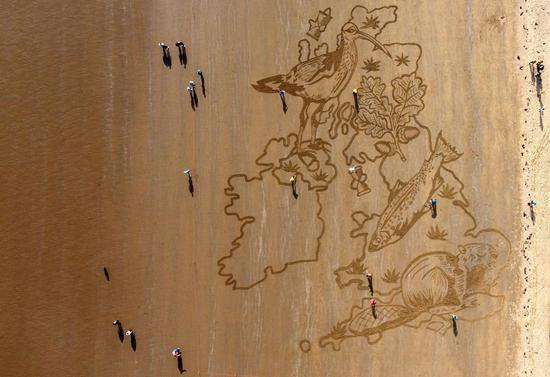
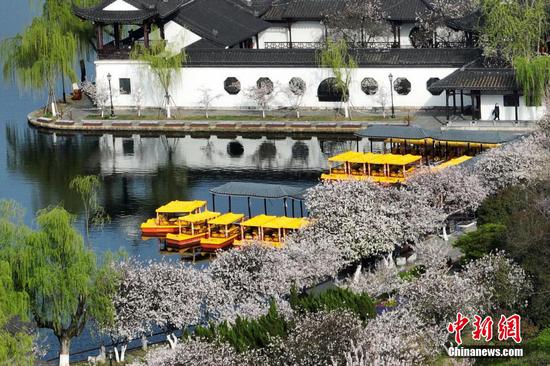
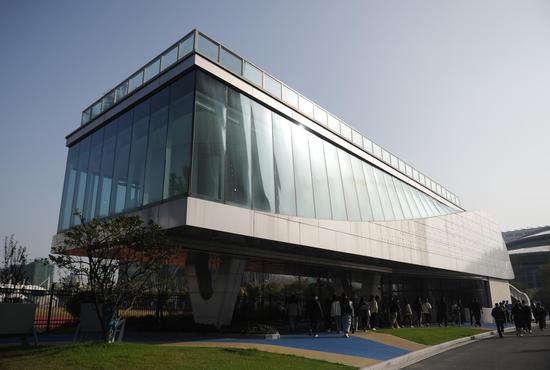
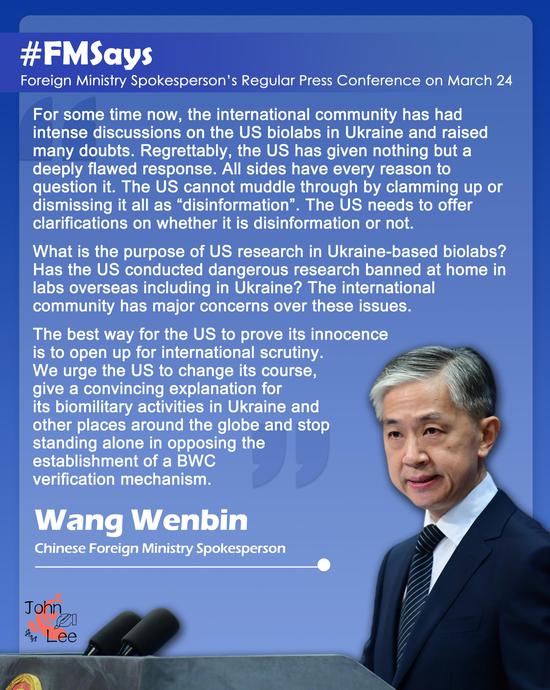
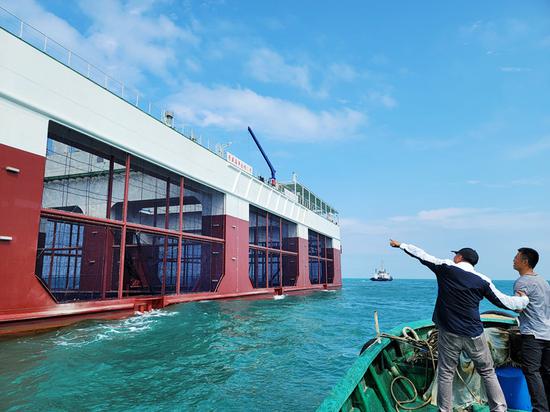
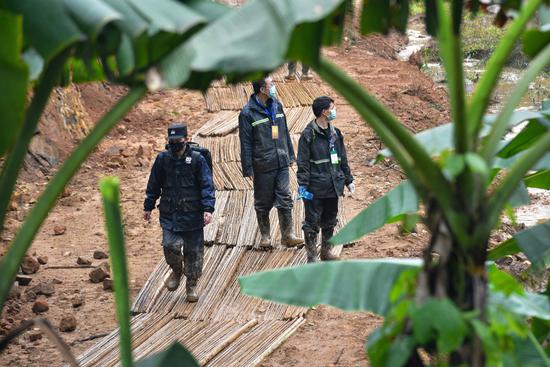
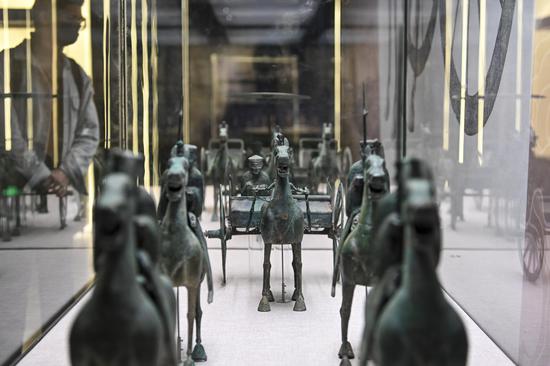


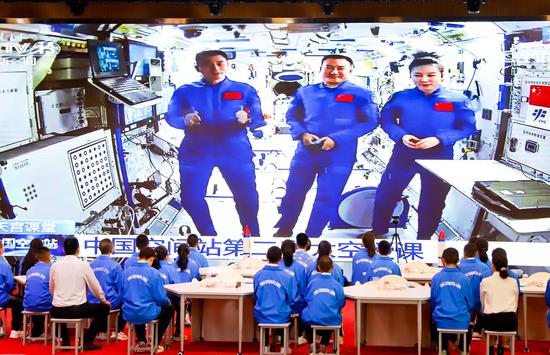
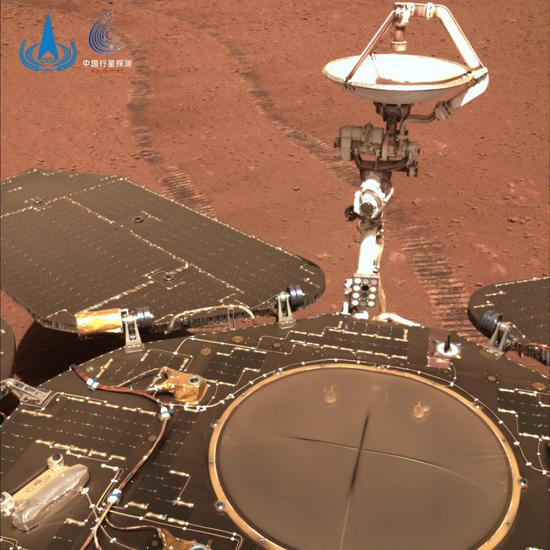


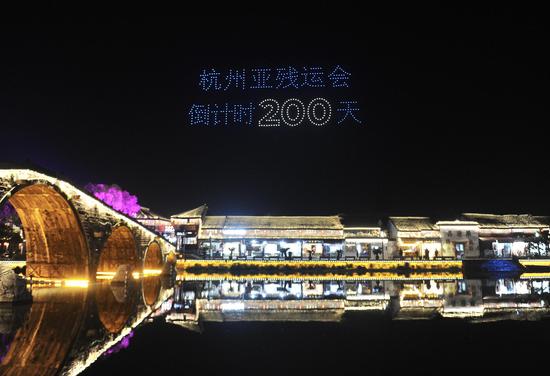
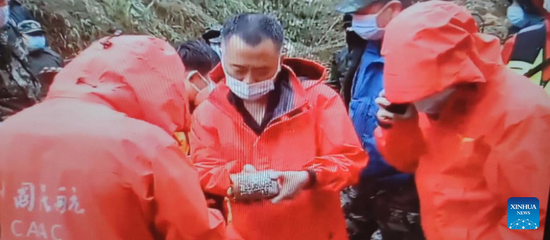

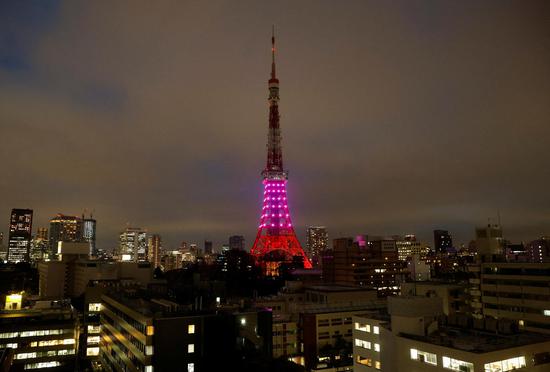



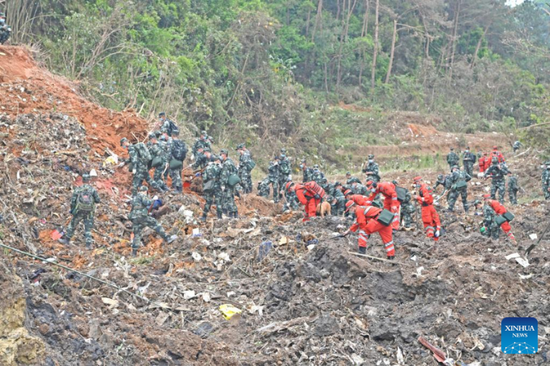
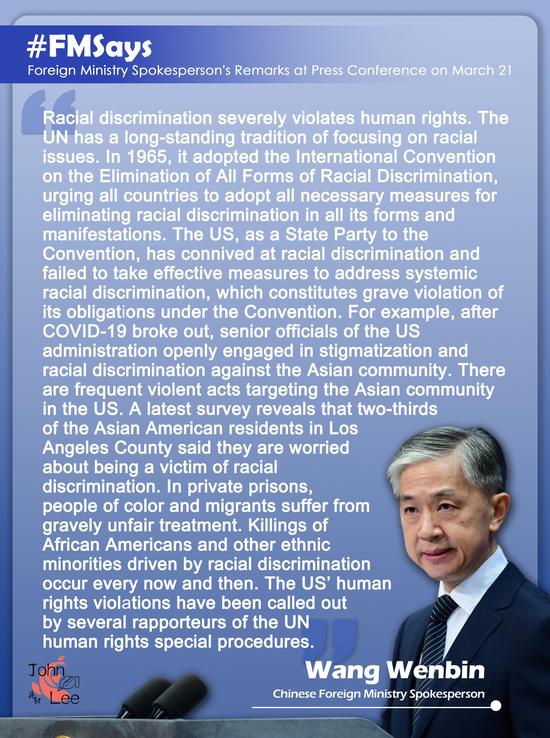



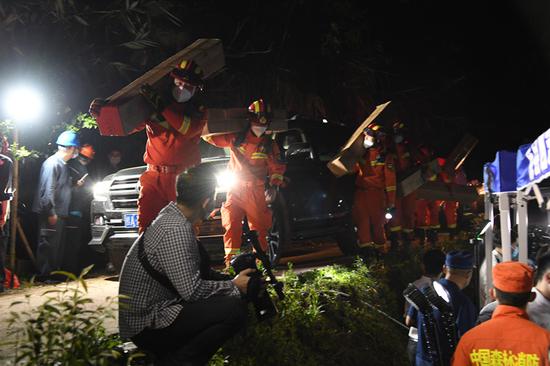
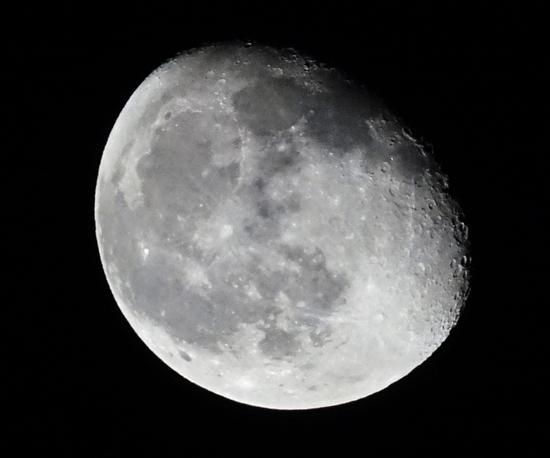


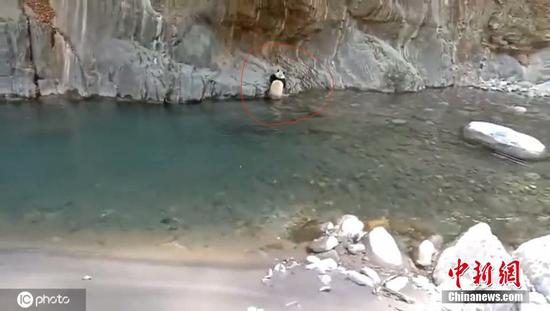
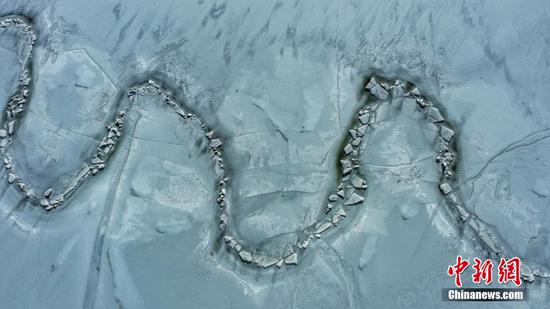



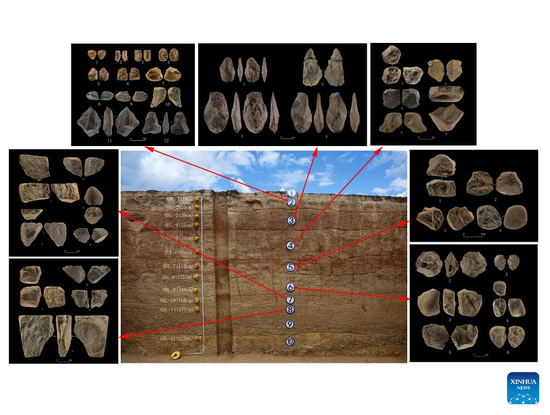
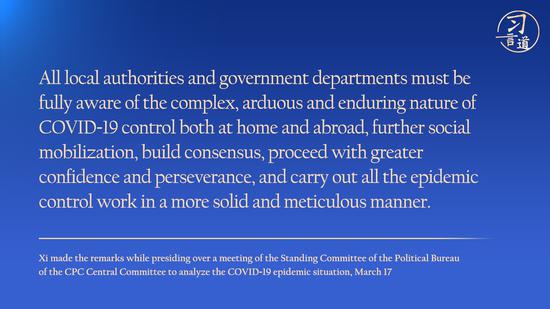






 京公網安備 11010202009201號
京公網安備 11010202009201號